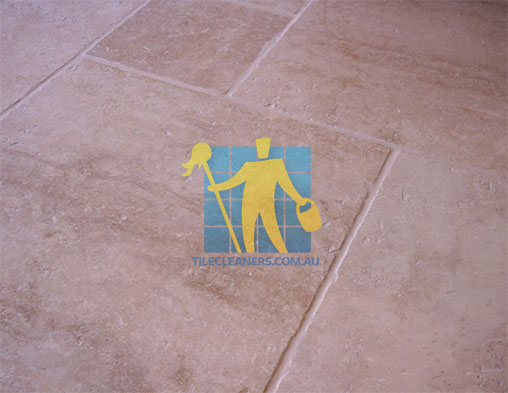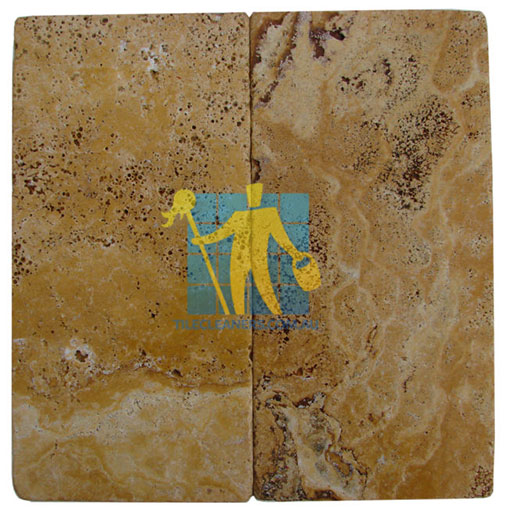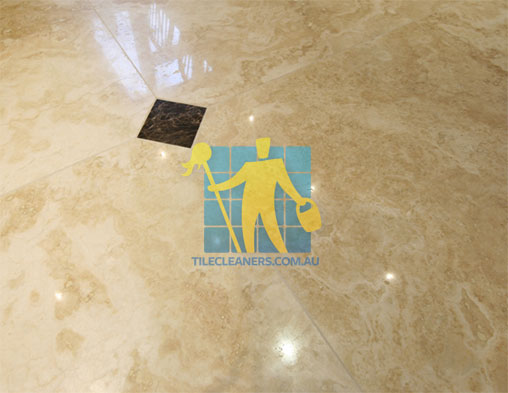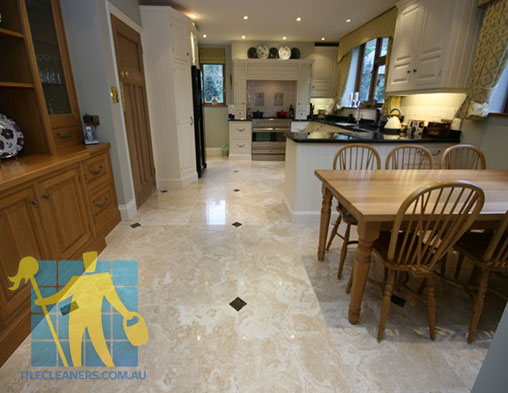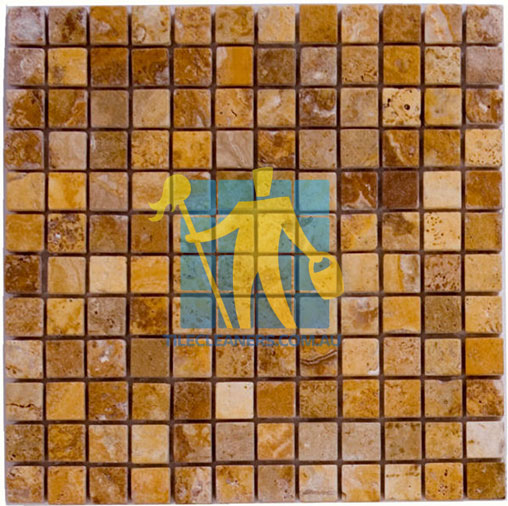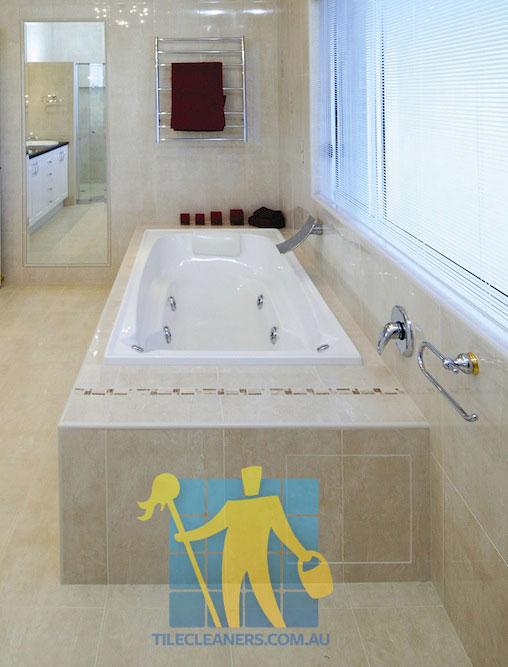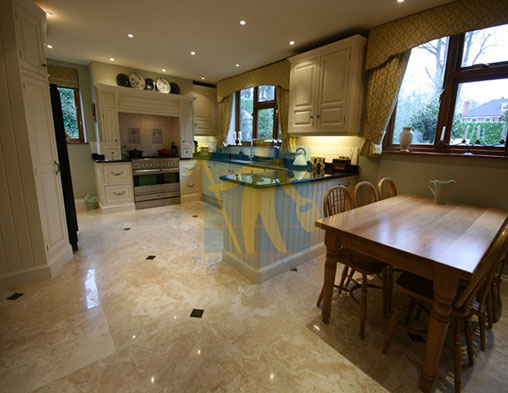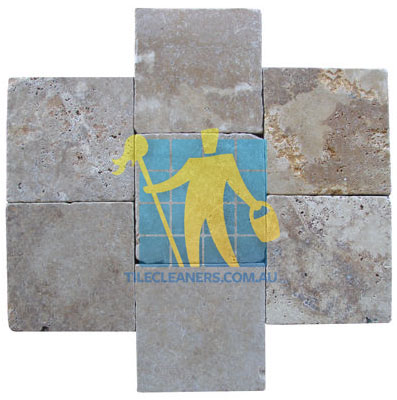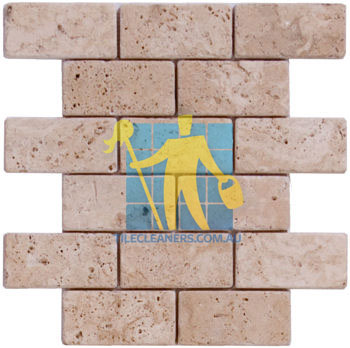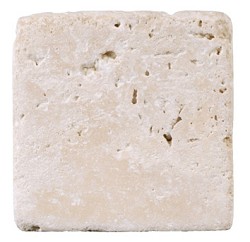 Travertine is a form of limestone, and is related to marble, actually falling somewhere between marble and limestone in terms of its development over thousands of years, deposited by mineral springs, especially hot springs, underground rivers and other water sources.
Travertine is a form of limestone, and is related to marble, actually falling somewhere between marble and limestone in terms of its development over thousands of years, deposited by mineral springs, especially hot springs, underground rivers and other water sources.
Travertine often has a fibrous or concentric appearance and exists in white, tan and cream-colored varieties. It is formed by a process of rapid precipitation of calcium carbonate, often at the mouth of a hot spring or in a limestone cave. In the latter it can form stalactites, stalagmites and other speleothems. It is frequently used in Italy and elsewhere as a building material.
The resulting stone is a smooth and very hard substance further characterized by its porous surface. These pores are the result of gases escaping as the travertine is formed.
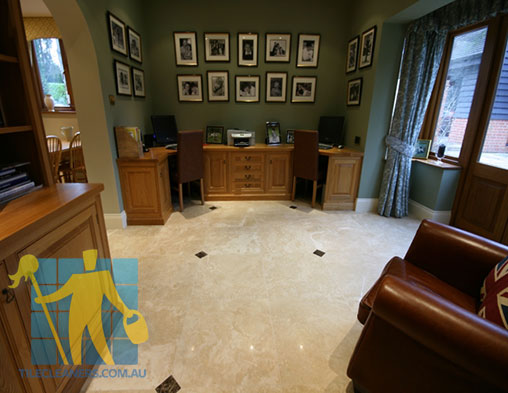
By the time it is quarried, travertine is naturally beautiful - a smooth, dense stone that exhibits a notable creamy color that evokes a certain old-world refinement.
Extensive deposits exist at Tivoli, Italy, near Rome. In fact, travertine derives its name from this town. Tivoli was known as Tibur in ancient Roman times. The ancient name for the stone was lapis tiburtinus meaning tibur stone, which has been corrupted to travertine.
Travertine tiles like all stone tiles has variation in both colour and pattern, despite the fact that they have been factory sorted for both.
Travertine is really tough and very dense so it can be used almost anywhere. The most popular uses are kitchens, bathrooms, living and entertainment areas.
Travertine is one of several natural stones that are used for paving patios and garden paths. It is sometimes known as travertine limestone and as travertine marble. The stone is characterised by pitted holes and troughs in its surface. It comes in a variety of colors from grey to coralred. Travertine is most commonly available in tile sizes for floor installations.
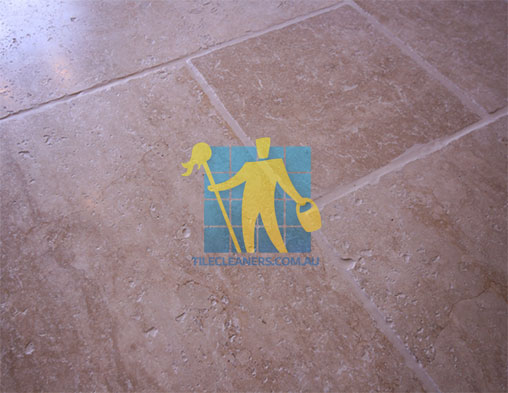
Travertine has wonderful thermal properties! On a hot day this surface will stay cool. Our customers continually tell us how pleased they are with a surface that doesn't burn their feet when they walk outside or their backsides when they sit on the edge of the pool.
The look and feel of travertine tiles is luxurious, elegant and chic, which is why this material has proven so popular with home decorators and designers alike. Travertine is a naturally occurring stone that gives a natural feel to the decor without being too rugged or rustic, but it can require some careful care on your part if you wish to preserve its beauty and durability.
The most vulnerable spots are kitchens and entertainment & BBQ areas where food and drink spillages are more likely. Even a light, cooking grade, olive oil will leave a residue unless the stone is sealed. However, if you are a fastidious cleaner and careful cook, sealing might not be necessary.
We provide specialised cleaning & sealing solutions for Travertine stone floor and wall tiles.
To schedule your appointment or to obtain a free estimate, please Call 1300 771 201 or use our online enquiry form.
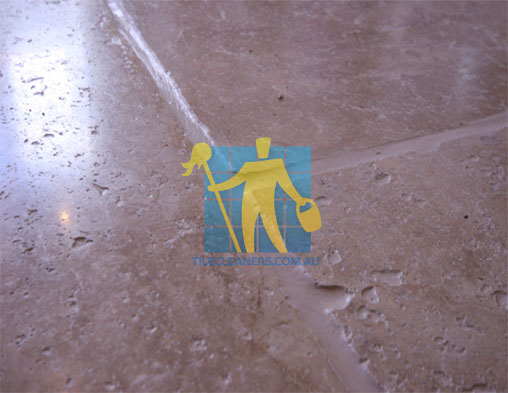




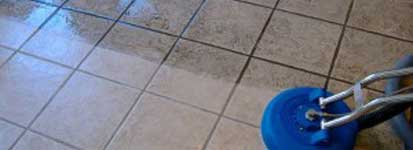
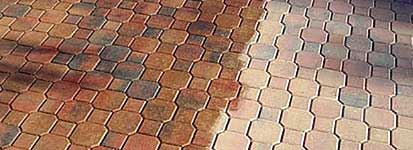
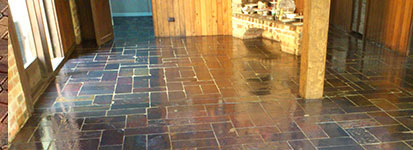
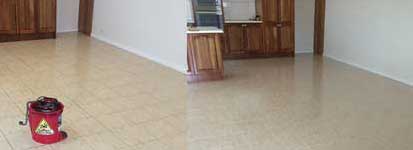
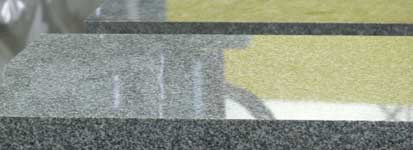
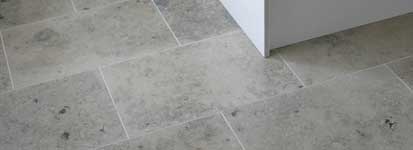
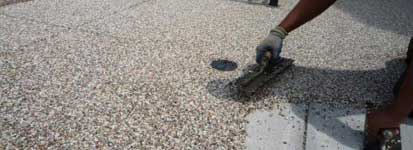
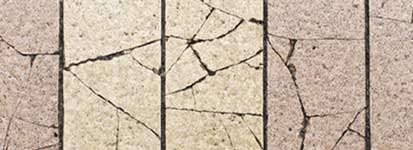
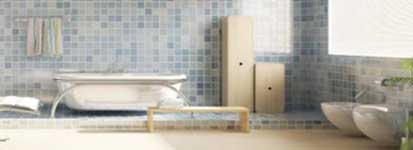

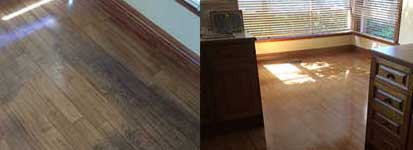
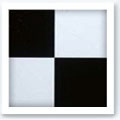
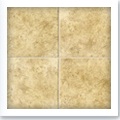
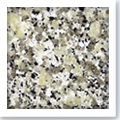
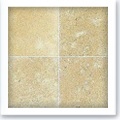
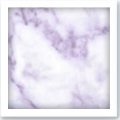
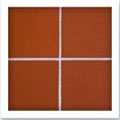
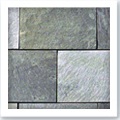
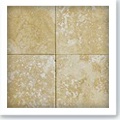
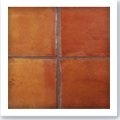
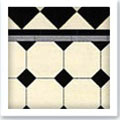
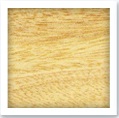

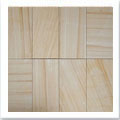
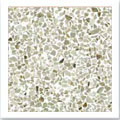
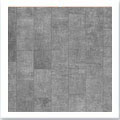
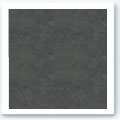
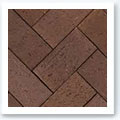
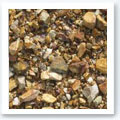






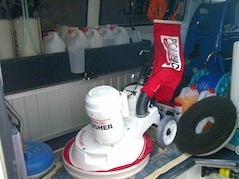
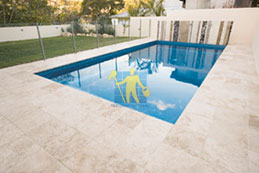

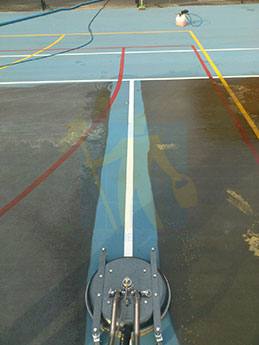


 Availability for emergency
Availability for emergency

